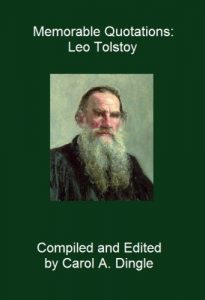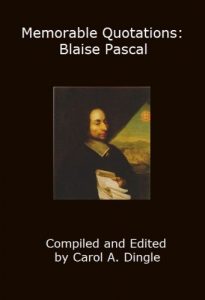Count Leo Tolstoy (1828-1910) was a Russian novelist and philosopher. Of a noble family, he was orphaned at nine and raised by aunts. He left the university without a degree and returned to his family estate, where he tried to help and educate the serfs. After a squandering interval in Moscow and St. Petersburg, he joined his brother, an officer, in the Caucasus. After leaving the military, he lived by turns on his estate and in St. Petersburg. In 1862 he married Sophia, a young, well-educated girl, who bore him 13 children. War and Peace, his first masterpiece, appeared in 1863-1869. An epic of the Napoleonic invasion, it illuminates Tolstoy's vision that history proceeds inescapably to its own ends. Anna Karenina (1875-77), his second masterwork, is a tragedy of adultery with insightful social and spiritual components. In 1876 Tolstoy experienced a crisis culminating in his conversion to a doctrine of Christian love, nonviolent recognition of evil, and repudiation of wealth. He devoted the rest of his life to practicing and transmitting his faith, illustrated in such works as What I Believe (1884). He judged erroneous such establishments as the government and church; he was excommunicated in 1901, but his notoriety protected him from severe state obstruction. Moral issues are dominant to his later works, especially "The Death of Ivan Ilyich" (1886), a story; The Power of Darkness (1886), a drama; and the novel Resurrection (1899). In the essay “What Is Art?” (1898) he reasoned that the artist is morally obligated to produce works comprehensible to most people, and criticized his own earlier works. In 1910 a rift with his family prompted Tolstoy to leave home; he died a few days later.
Memorable Quotations: Leo Tolstoy (English Edition)
Sobre
Talvez você seja redirecionado para outro site









